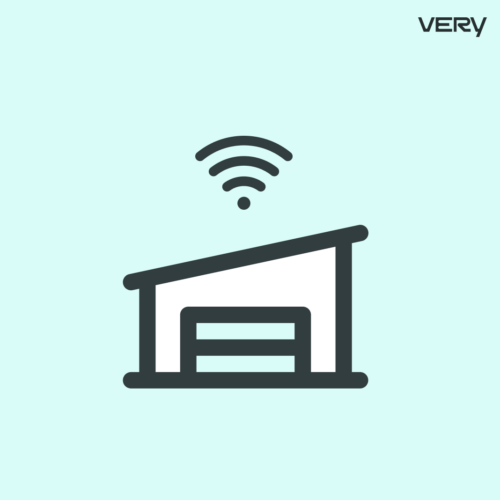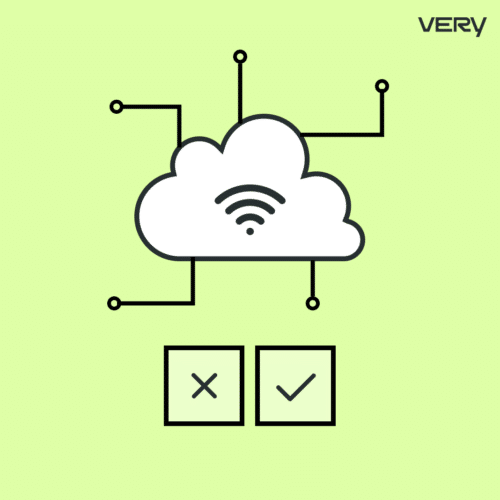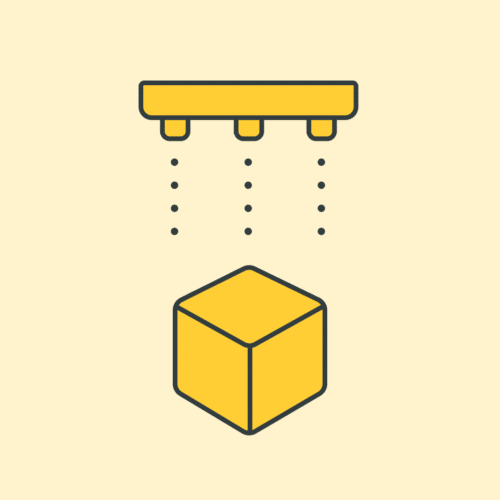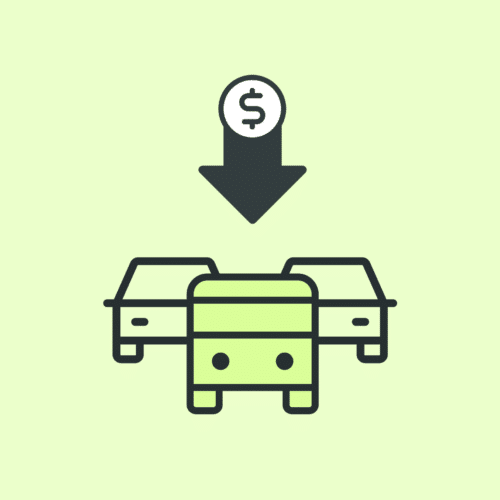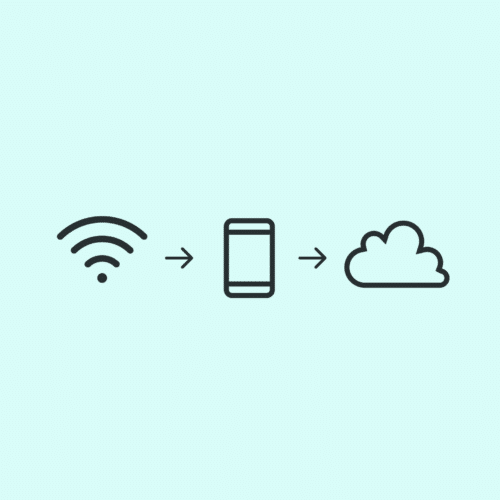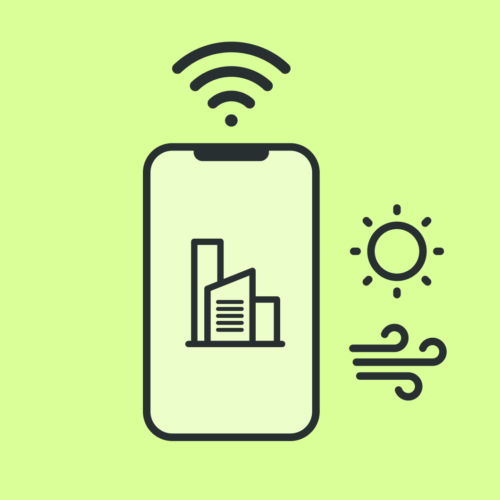BLOG
Blockchain Applications: 7 Real-World Blockchain Examples
We all knew it: blockchain would never live up to the irrationally exuberant hype. So, as most of us expected, blockchain development has started sliding down off the “peak of inflated expectations” in Gartner’s hype cycle.
Many wise people with long careers in tech have begun to grow skeptical. Can you blame them? Every week, another whitepaper, another ICO. Maybe some even got to the proof-of-concept (POC) state. And most failed – or are failing.
But that’s far from the whole story. Many real – and real-world – applications are emerging, and they’re worth talking about. We’ve gathered a few real-world blockchain use cases that demonstrate substance beyond the hype.
Diamonds are Forever-and Immutable
Everledger, using the Hyperledger platform, developed a blockchain solution for the diamond supply chain to help prevent fraud and illicit trading. Everledger traces the journey of every stone from mining to consumer.
Everledger plans to create a blockchain-based registry of every certified diamond in the world. As of March 2018, it had logged 2.2 million, and it’s adding approximately 100,000 a month, according to the Wall Street Journal.
So why did this particular project succeed? Aside from blockchain being ideally suited to supply-chain logistics, there’s this: “The diamond business is a tight-knit industry whose members and customers share common concerns over stones’ origins and authenticity,” Fortune explains.
The lesson here is that the industry saw blockchain as the solution to a pressing problem. Those appear to be common traits of blockchain deployments that work best over the long run – ones that solve actual problems, not those designed merely to show off the technology. (In fact, in May, DeBeers announced a successful pilot of its own diamond-tracking blockchain platform, Tracr.)
Making Business Transactions Easier in Sub-Saharan Africa
BitPesa is a four-year-old blockchain-based payment platform that’s trying to reduce the cost and increase the speed of business payments to, from, and within sub-Saharan Africa. Its largest operations are in the Democratic Republic of Congo, Kenya, Nigeria, Senegal, Tanzania, and Uganda, and it supports payments to 85+ countries including the United States and China. It is reported to have more than 6,000 clients who have made 17,000+ transactions through its blockchain.
BitPesa’s value prop is this: It offers a cheaper solution to an expensive problem — transferring funds across national borders.
Here’s how it operates: The sender registers online and sends funds through local bank transfers or via electronic funds to BitPesa, which purchases Bitcoin and sends it to a receiving bank account in another country. Commissions are calculated into the exchange rates, similar to the way they are at airport currency exchange counters.
Retail Giant Going Live
Walmart is moving out of the test phase with its food-based blockchain efforts: It’s getting suppliers to put food on the blockchain. Frank Yiannas, VP of food safety and health, made the announcement in April at the MIT Technology Review’s Business of Blockchain conference, Bloomberg News reports. The goals are to reduce waste, better manage contamination when it happens and improve transparency.
It’s been successful in trial runs: In a 2017 pilot with IBM, Walmart’s blockchain-based application was able to cut the time it took to track sliced mangos from six days to 2.2 seconds. New Food Economy reports that the pilot was one of the largest proofs of concept to date. It involved 16 farms, two packing houses, three brokers, two warehouses, and a processing facility. Over a 30-day period, they captured 23 lot codes and tens of thousands of sliced mangoes.
Parametric Insurance: Cat Bonds
Cat bonds have nothing to do with cryptokitties. Cat (as in catastrophic) bonds are risk-linked securities.
Here’s how it works: Investors take on the risk of a specified catastrophe happening in exchange for attractive rates. If that particular event happens, the investors will lose their investment and the issuer (generally an insurer/reinsurer) will receive that money to cover their losses. Generally, no claim needs to be filed; it’s a smart contract and the event triggers the payout.
Swiss-based Solidum Partners has completed a number of cat bonds on its own blockchain settlement platform, according to Artemis, a UK-based news, analysis, and data media service.
Two E-Commerce Pioneers
Two of the pioneers in retail have very different blockchain success stories.
Overstock.com, was already well established when, in 2014, it became the first major retailer to accept Bitcoin.
OpenBazaar, in contrast, began as an open-source blockchain enterprise in 2016. It’s like eBay, but it runs on cryptocurrency and charges no fees. To buy or sell, users must install a program. Version 2.2.0 was released in May 2018 and adds the ability to buy and sell cryptocurrencies.
Almost Live: Maersk and Others
A few blockchain initiatives are just a few steps shy of going fully live. For example, shipping giant Maersk has unveiled plans for a blockchain solution to streamline marine insurance. Last fall, it completed a 20-week POC using KSI, a blockchain developed by Guardtime. “
This is not vaporware or something we’re going to do,” said Mike Gault, CEO of Guardtime, told Fortune. “It’s something we’ve built and proven.”
And as we’ve noted before, earlier this year, Maersk and IBM formalized their joint venture to to make the global supply chain more efficient and secure. As IBM puts it, the goal is to “transform the traditional decentralized supply chain model into a new, distributed end-to-end digital ecosystem — one in which all parties can conduct real-time shipment transactions with each other as part of a trusted, immutable, seamless, and fully transparent network.”
There are several other blockchain projects of note that are are gradually being rolled out or are on the verge of launching.
- MasterCard has offered a select group of banks and merchants the ability to send and receive money over a blockchain, Fortune reports. Mastercard is targeting cross-border payments between businesses, and accepts local currency. “We are not using a cryptocurrency, and we are not introducing a new cryptocurrency, because that introduces other challenges—regulatory, legal challenges,” Justin Pinkham, SVP at Mastercard Labs, tells Fortune.
- Burger King seems to be easing its way into cryptocurrency. In Russia, Burger King is launching its own digital currency, Whoppercoin. It sounds like a gimmick, but CMO reports that industry observers say it “sets a new standard for loyalty programs.” Meanwhile, the fast food giant already accepts Bitcoin in its Arnhem, Netherlands, location.
- The Centers for Disease Control and Prevention (CDC) is moving forward with efforts to use blockchain technology to manage population health and disaster response, TechCrunch reports. Last fall, Gem announced it will work with the CDC’s 27-person blockchain application development team.
Forget the Hype
This list of blockchain applications is far from exhaustive, but it illustrates an important point: Successful organizations deploy blockchain to solve a problem.
Blockchain is not the answer to every problem. And even when it is the solution, it’s not one-size-fits-all.

